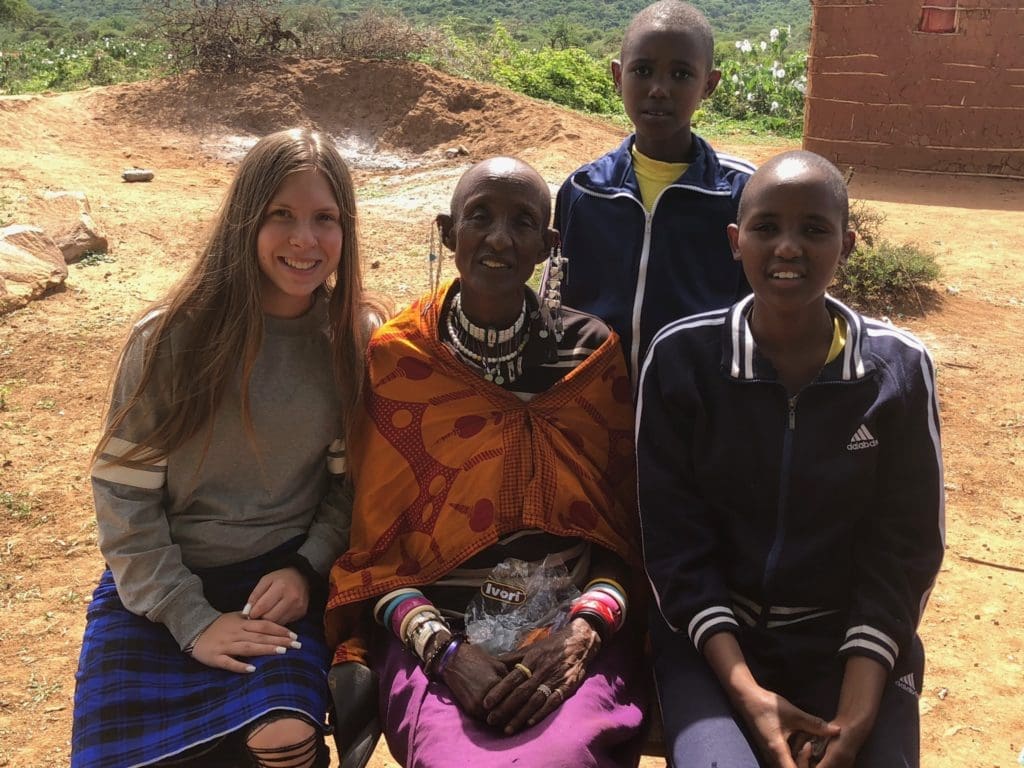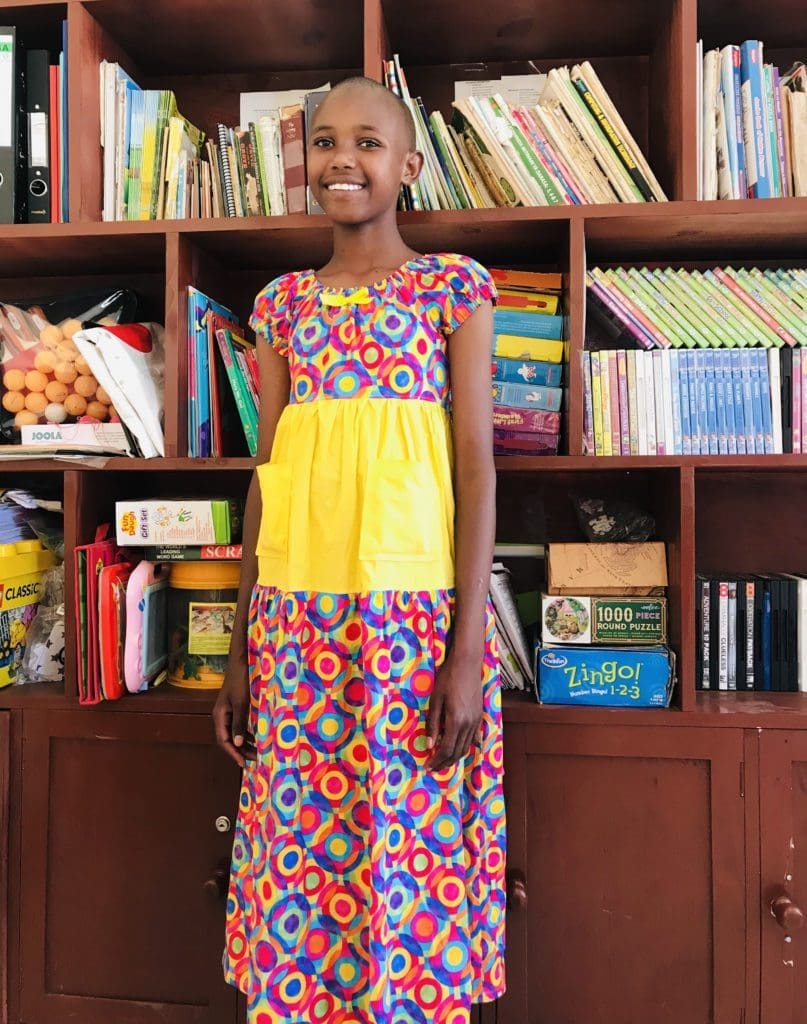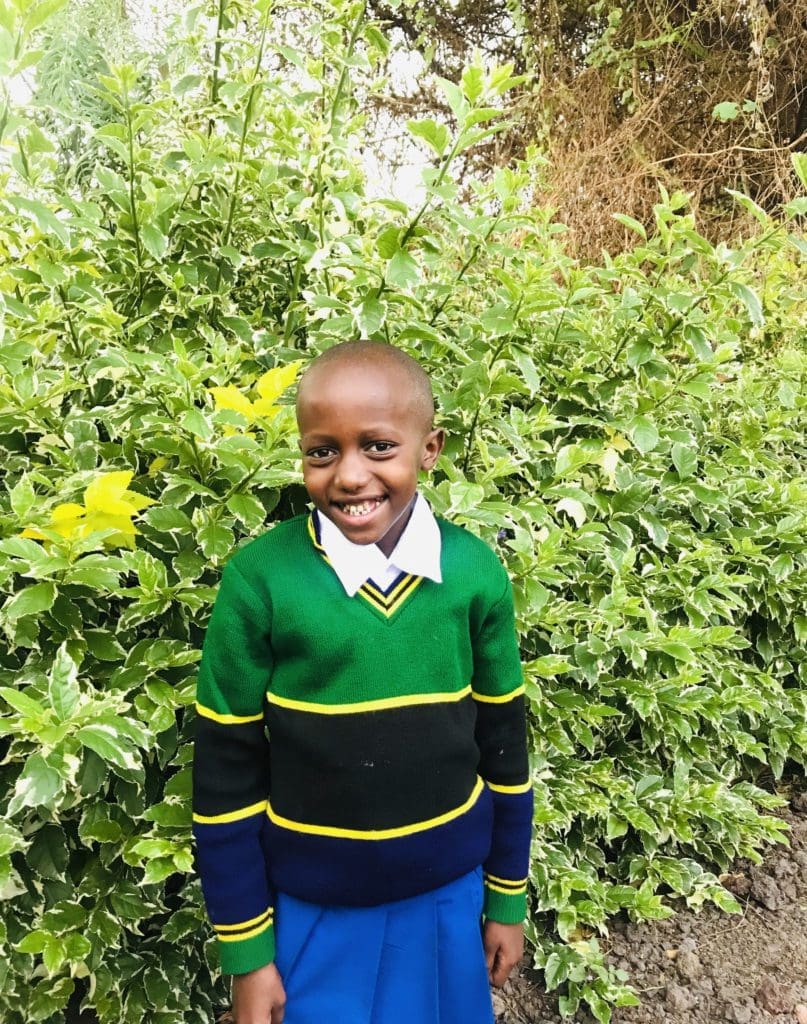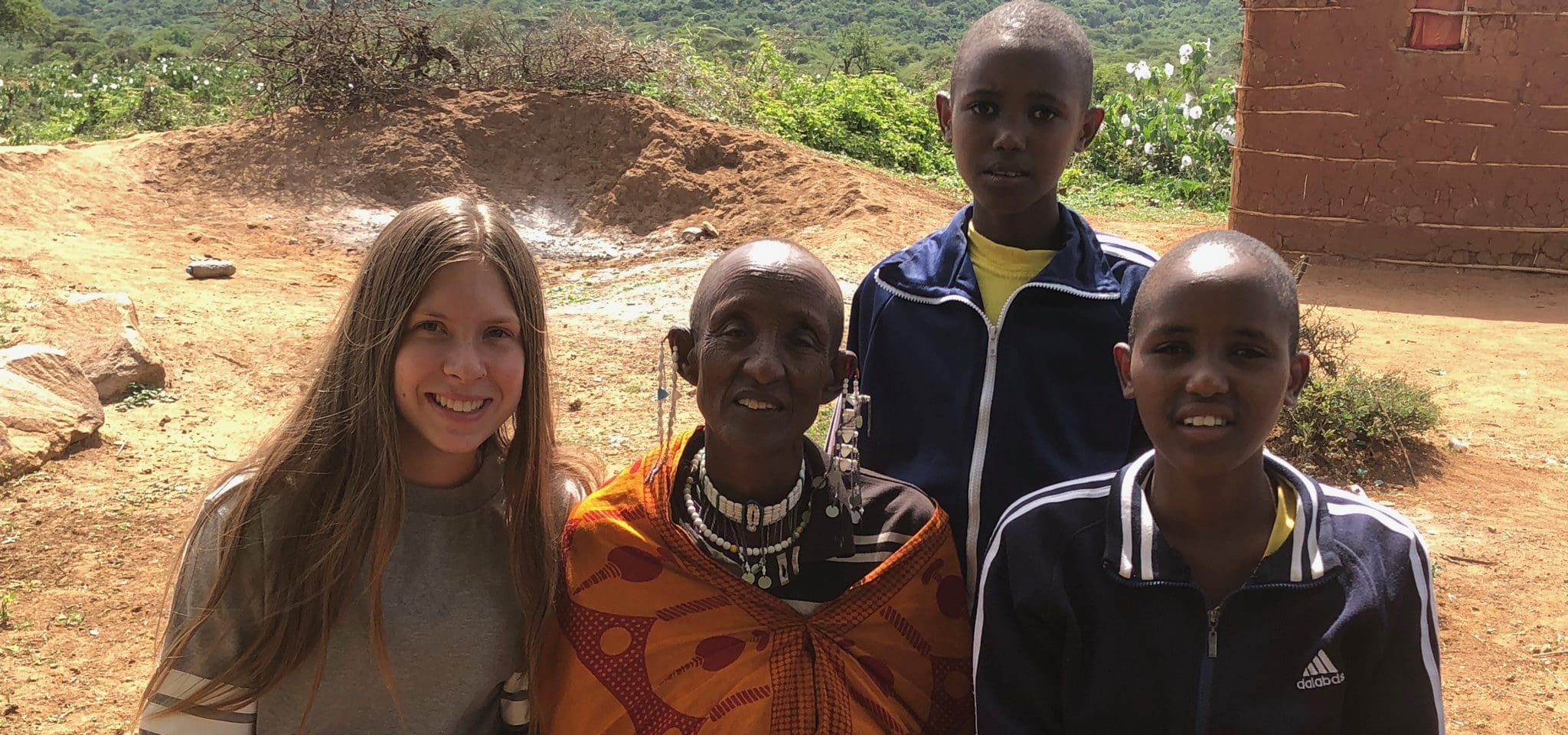This is the second of a three-part blog about sustainability. Each blog illustrates one of the United Nations’ three pillars of sustainability: economic, social and environmental.
I met Mary and her older sister Momoi in an impoverished area near the Kenyan border, where their grandmother was raising them because their parents were too poor to care for them. Their father saw no value in sending girls to school and begged me to take them.
They have been with us three years now and are 12 and 16. Despite the late start in their education, they are doing well. Mary is going into sixth grade and is No. 2 in her class out of 97.

Flora, another girl from the same area, is 5. She got a D last year in baby class and was struggling. Flora’s house mother and a tutor focused their attention on the child. Now she’s getting A’s and likes school.
The social pillar of sustainability encompasses education, health, resource security and well-being within the family and the community.
Our girls come from none of that.


Cultural traditions and financial hardship deprived them of schooling, nutrition, family structure, role models and aspirations. They don’t know what to aspire to because they haven’t seen or experienced much beyond the struggle to survive. In Maasai culture, girls are on the lowest rung.
At Maasai Girls Rescue Center, we send our 50-plus girls to local schools. We believe education is the way to break this cycle of abuse and poverty. We provide every girl with the academic resources they need, as well as life skills training.
Our girls live in temporary quarters at a leased hotel in Karatu, near the site of our planned ecoVillage. We hired local women as housemothers to care for the girls in family groups. Older girls help the younger ones.
Every day we have counseling sessions with the housemothers and girls. I talk about family, women’s and girl’s rights, the Bible. When we are fortunate to have visitors and volunteers, they add to the girls’ social education with stories about their own lives. The staff say they also benefit from these discussions because they learn about caregiving and responsibilities within families – an experience they also may not have had.
We know children learn by what they see, how they are treated, and what they are exposed to in the world. We want to open their vistas and teach them that they alone have the power to create their own success and happiness. But first, they need good food, a roof over their heads, security and love.


Post a comment